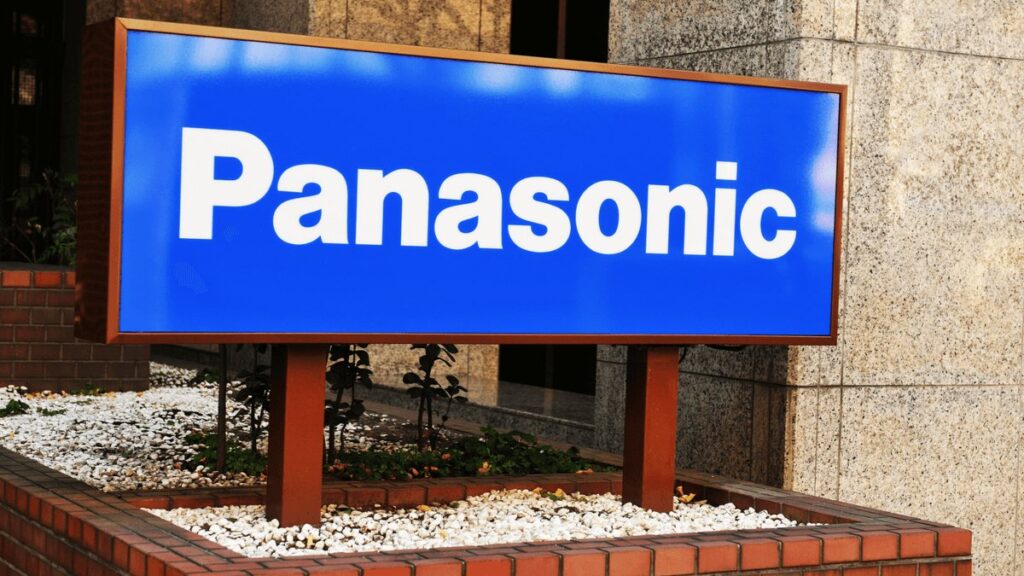Panasonic confirms cyber breach to its access data

Japanese manufacturing titan, Panasonic, confirmed Friday its network has been infiltrated by a cyberattack directed at its access data, on November 11, by gaining entry via third party.
In its statement, the company revealed that “some data on a file server had been accessed during the intrusion.”
This marks the only information publicized by the tech manufacturing giant. However, homegrown publications Mainichi and NHK alleged the breach was initiated June 22 and terminated November 23.
“After detecting the unauthorized access, the company immediately reported the incident to the relevant authorities and implemented security countermeasures, including steps to prevent external access to the network,” Panasonic said in its statement.
“In addition to conducting its own investigation, Panasonic is currently working with a specialist third-party organization to investigate the leak and determine if the breach involved customers’ personal information and/ or sensitive information related to social infrastructure,” it added.
In parallel, NHK disclosed that the breached servers contained data about Panasonic business partners and the manufacturer’s own technology, adding that a previous cyberattack directed at a subsidiary also obtained personal business data.
Panasonic also stated that aside from directing its own probe into the matter, the company is also seeking experts’ assistance by working with a third-party establishment to examine all aspects of the cyberattack. This will help the entity identify whether the infiltration was directed towards clients’ personal data.
“We cannot predict whether it will affect our business or business performance, but we cannot deny the possibility of a serious incident,” the Japanese titan said told one of the publications on Friday.
Earlier in March, Panasonic joined forces with cyber security company McAfee to institute a cybersecurity operations center (SOS) to address the rising risks of these attacks on its infrastructure. The pact will prioritize and strictly focus on detection and response.
